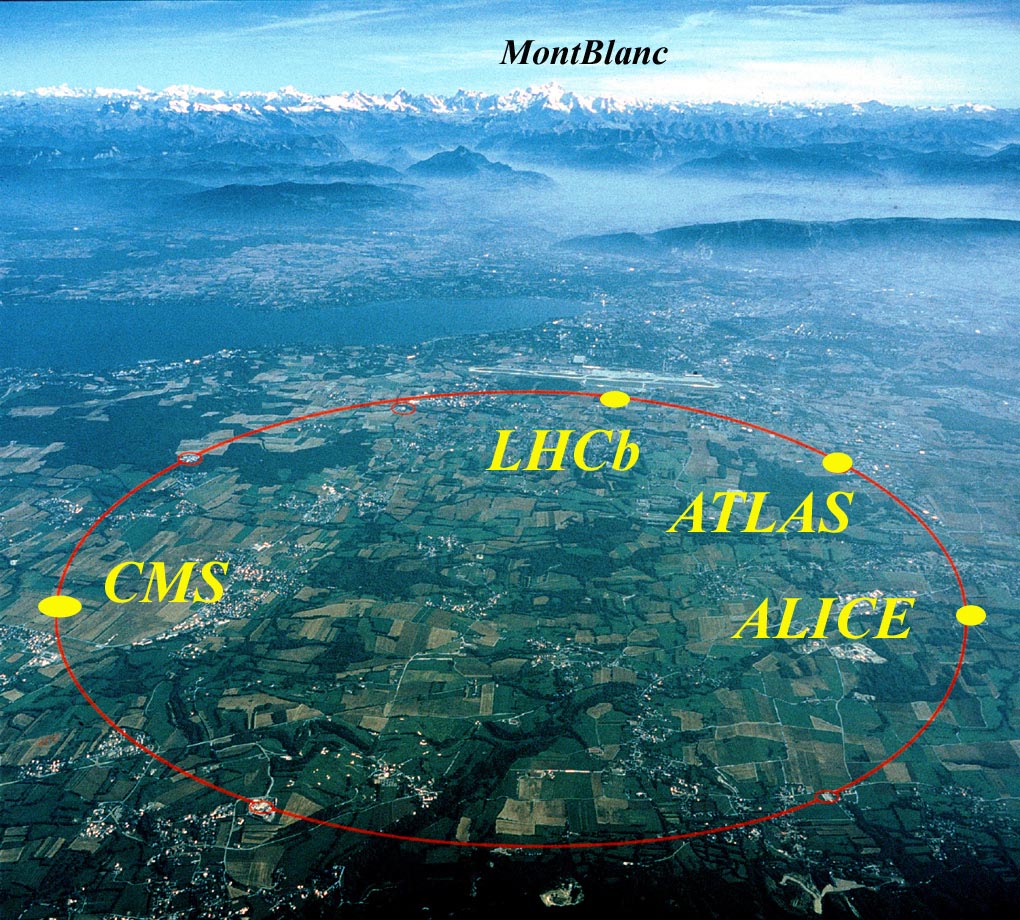
The first signs of the ultra-elusive Higgs boson particle have been detected by teams working at CERN’s Large Hadron Collider (LHC) in Switzerland.
Existence of Higgs boson particle – believed to have given shape to the universe after the Big Bang 13.7 billion years ago – was proposed some four decades ago.
Two separate LHC teams – using the ATLAS and CMS detectors – have smashed protons in 350 trillion collisions this year, hoping to see the Higgs in the debris.
The CERN scientists are now reporting that “significant progress” has been made in tracking it down with a big press conference taking place next Tuesday in which the teams will announce what they’ve found.
Needless to say, the world of physics is breathless with excitement at this news.
The Higgs particle is essentially a missing piece of the “Standard Model” of physics jigsaw, which explains how the universe is glued together.
So far, it’s the only elementary particle predicted by this model that scientists have not been able to create with atom smashers.
Rolf Heuer, general director of CERN, said recently that he doesn’t think confirmation of Higgs boson particle’s existence will be made until around October 2012.

However, reports from inside the LHC suggest that its scientists are on the brink of something monumental, with Professor John Ellis, a former head of theoretical physics at CERN, telling the BBC that he expects to see the “first glimpse” of the God particle next week.
Prof. John Ellis said: “There seem to be some hints emerging there… and that’s what we’re going to learn on Tuesday.”
The veracity of the results has been ensured by two separate teams, each comprising of hundreds of researchers, searching using different experiments.
One team, using scientists from 169 universities, has been working on the ATLAS detector, which at 148 feet long and 82 feet high, is the biggest ever constructed.
The other team is using the CMS – or Compact Muon Solenoid – a 13,000-ton detector that sits 330 feet underground.
However, there are some scientists, who have poured cold water on the news, with Nobel Prize winner Martinus Veltman from the Universities of Michigan and Utrecht telling the Guardian that “there is no Higgs”.
[youtube qQNpucos9wc]